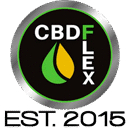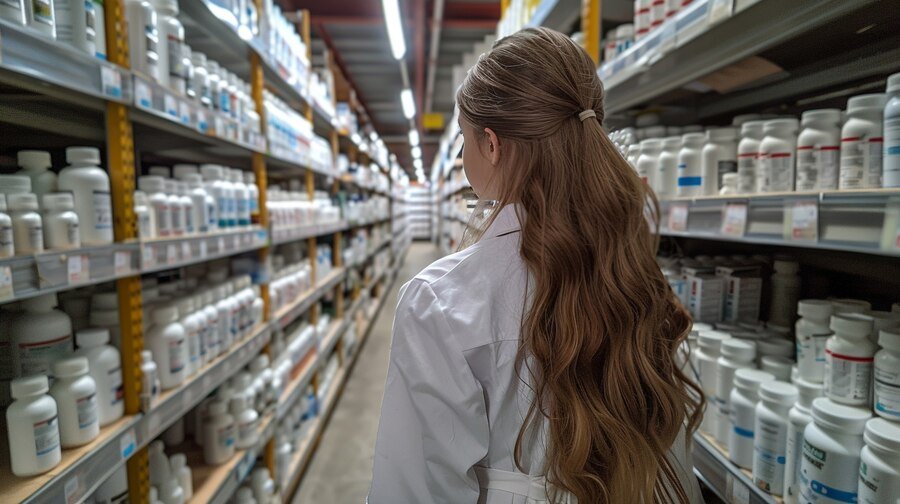The Role of the FDA (US) in Regulating CBD Products
As CBD products continue to gain popularity across the United States regulating CBD products such as cbd roll on for pain, consumers are…
Table of contents
As CBD products continue to gain popularity across the United States regulating CBD products such as cbd roll on for pain, consumers are increasingly concerned about product quality, safety, and labeling accuracy. From oils and tinctures to gummies and skincare, the market is flooded with options—but how can consumers know what’s safe and effective?
That’s where the U.S. Food and Drug Administration (FDA) steps in. Understanding the role of the FDA in regulating CBD products is critical to making informed choices as both a consumer and a business owner in the CBD industry.
In this post, we’ll explore how the FDA is regulating CBD products, what rules currently exist, ongoing challenges, and what we can expect in the future.
What is the FDA and Why Does it Matter?
The Food and Drug Administration (FDA) is a federal agency responsible for protecting public health by regulating food, drugs, cosmetics, medical devices, and dietary supplements. With CBD now widely available, the FDA has taken on the task of monitoring and managing the sale and marketing of these products—especially since CBD is derived from cannabis, a plant with both medicinal and controversial status.
Understanding the Legal Framework Around CBD
CBD (cannabidiol) was legalized under the 2018 Farm Bill, which removed hemp-derived CBD (containing less than 0.3% THC) from the list of controlled substances. However, just because it’s legal doesn’t mean it’s unregulated.
The Farm Bill opened the door for hemp-derived CBD to be produced and sold, but it did not grant blanket approval for its use in food, beverages, or dietary supplements. This is where the FDA plays a vital role.
The FDA’s Responsibilities in Regulating CBD Products
1. Product Safety Oversight
The FDA ensures that CBD products do not pose harm to consumers. This includes:
- Investigating reports of adverse health effects.
- Evaluating toxicological data.
- Monitoring product formulations and potential contaminants.
2. Labeling and Marketing Claims
Many CBD products make unverified health claims, such as treating anxiety, chronic pain, or even cancer. The FDA actively issues warning letters to companies that promote CBD products with misleading or unapproved health claims.
3. Quality Control and Manufacturing Standards
Though the FDA hasn’t yet approved most over-the-counter CBD products, it continues to stress the importance of:
- Proper labeling (CBD concentration, ingredients, usage instructions).
- Product testing for contaminants like pesticides, heavy metals, and residual solvents.
- Good Manufacturing Practices (GMPs) for CBD producers.
4. Clinical Drug Evaluation
The only FDA-approved CBD-based drug so far is Epidiolex, used to treat rare forms of epilepsy. It went through the full clinical trial and approval process, proving that the FDA is open to cannabis-derived drugs when supported by rigorous evidence.
5. Public Hearings and Data Collection
The FDA holds public hearings and solicits scientific research to better understand CBD’s effects, risks, and appropriate uses. This ongoing data collection will eventually shape comprehensive CBD policy.
Challenges the FDA Faces in Regulating CBD Products
Despite its efforts, the FDA faces several barriers in fully regulating CBD:
- Lack of scientific research: There’s a shortage of large-scale, long-term studies on CBD’s safety and efficacy.
- Unregulated marketplace: Thousands of CBD brands continue to sell online and in retail stores with limited oversight.
- Gray areas in food and supplement use: The FDA has not approved the addition of CBD to foods or dietary supplements, yet many companies do so anyway.
Until comprehensive regulations are in place, the market remains a patchwork of federal uncertainty and varied state laws.
The Future of CBD Regulation in the U.S.
There is increasing pressure on the FDA to create a clear and comprehensive regulatory framework for CBD. This could include:
- New categories for hemp-derived cannabinoids in food and dietary supplements.
- Greater standardization in testing and labeling.
- Expanded consumer education initiatives.
In March 2023, the FDA acknowledged the need for new legislation from Congress to properly regulate CBD under a new pathway, citing the complexities of existing drug and food laws.
5 Frequently Asked Questions (FAQ)

1. Is CBD FDA-approved?
Only Epidiolex, a prescription drug for epilepsy, is FDA-approved. Most other CBD products are not approved and remain unregulated.
2. Can CBD be sold as a dietary supplement?
No, under current federal law, CBD cannot be marketed as a dietary supplement or added to food, although enforcement varies and many companies continue to do so.
3. How does the FDA monitor CBD products?
The FDA monitors through product sampling, consumer complaints, and by issuing warning letters to violators of current guidelines.
4. Are there safety concerns with CBD?
Yes. The FDA continues to study potential liver damage, drug interactions, and effects on vulnerable populations like children and pregnant women.
5. Will there be clearer regulations soon?
The FDA has called for Congressional action to establish new regulatory frameworks. Clearer laws could arrive in the next few years, depending on legislative priorities.
Final Thoughts
The role of the FDA in regulating CBD products is both evolving and essential. While CBD offers promise for various therapeutic uses, the lack of consistent oversight has led to a market flooded with questionable products and unverified claims.
As consumers, it’s important to stay informed, read labels carefully, and only purchase from trusted, lab-tested CBD brands. As legislation advances, the FDA will likely play a larger and more structured role in defining the future of CBD in the United States.







